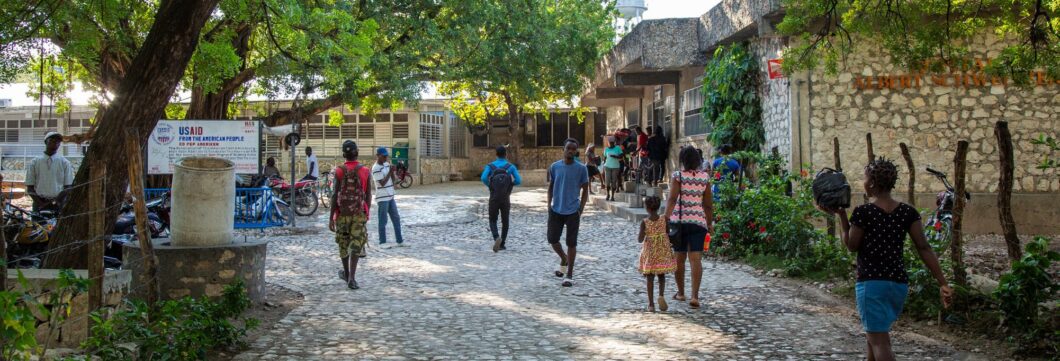
The Hôpital Albert Schweitzer (HAS) in Haiti is experiencing a sharp increase in paediatric treatment cases and an escalation in violence
Every day, children with serious injuries are brought to the HAS. Sometimes they have to travel a long way to get to the clinic, like five-year-old Lucien. He was hit by a motorbike and broke his thigh. His injury could not be treated in the nearest hospital, about 50 kilometres away, so the family was sent to Port-au-Prince, the capital of Haiti.
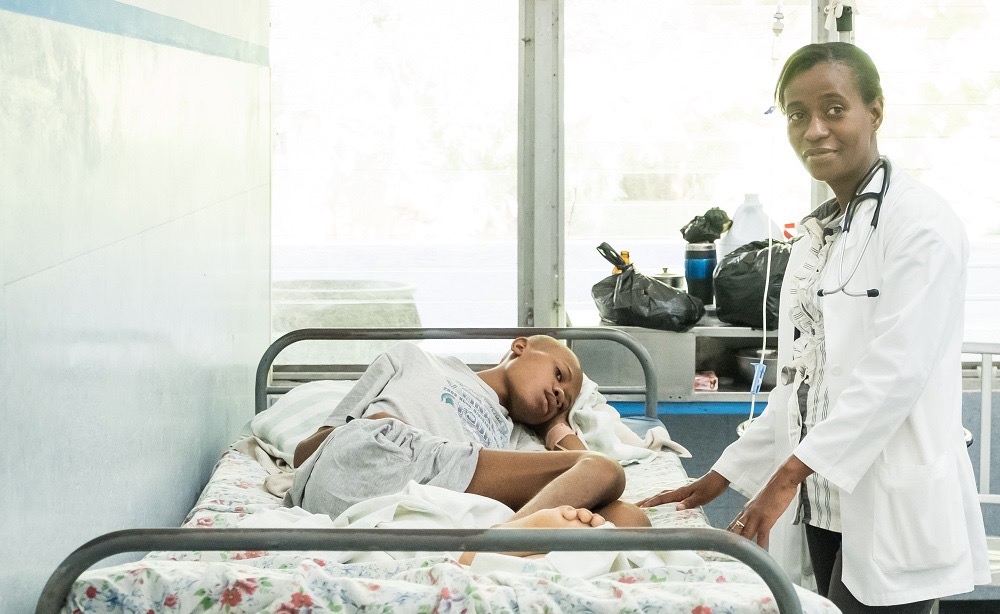
Lucien travelled for several hours – partly on foot, partly by tap-tap (bus) – until he arrived in Port-au-Prince. At the hospital there, however, the surgeons demanded a fee for the operation, which Lucien’s parents were unable to pay.
So they only put him in a plaster cast that was far too short, which barely reached the fracture site and therefore hurt the boy terribly with every movement.
Lucien was not given any painkillers during the entire time. When the family arrived at the HAS in Deschapelles two days after the accident, the five-year-old was pale and screaming in pain. He had lost a lot of blood due to the fracture, had not eaten anything and was very weak. After the pain treatment, the surgical team was assembled and the operation was performed that same evening. Lucien’s cheeks soon regained their colour, he smiled at us and wheeled around the room in his wheelchair.
Major challenges for the clinic staff at the HAS
The inadequate facilities at the surrounding hospitals are exacerbating the increase in paediatric treatment cases. Although many patients were unable to reach the HAS due to road closures, 4,571 seriously ill or injured newborns and children up to the age of 15 were hospitalised at the HAS this year. The year before there were 3.742.
The sharp increase affected all departments with the exception of neonatology, the ward for sick newborns. Paediatric surgery was particularly affected, with 758 children operated on (previous year: 666), as was the department for malnourished children. In addition, 12,680 children were treated as outpatients at the hospital, 2,197 of whom required surgical treatment.
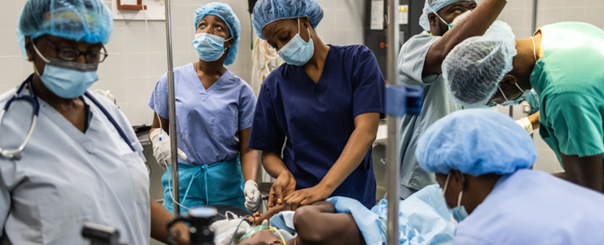
In February and March 2023, the hospital had to be closed for safety reasons. An armed group attacked the town, breaking into houses and kidnapping people at will. The police was no longer present. Due to the current danger to staff and patients, the HAS had activated the emergency response plan. All non-urgent operations were suspended.
Most of the staff had to flee, but a core group remained on duty in the main hospital building. They looked after around 140 patients there, most of whom had no other place to go and could not be discharged.
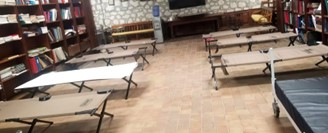
Only the most critical cases were admitted during this time. The medical library was equipped with cots and served as a dormitory for the clinic staff, who were unable to return to their own homes.
There is an urgent need for care everywhere, explains Jean Marc deMatteis, CEO of Hôpital Albert Schweitzer:
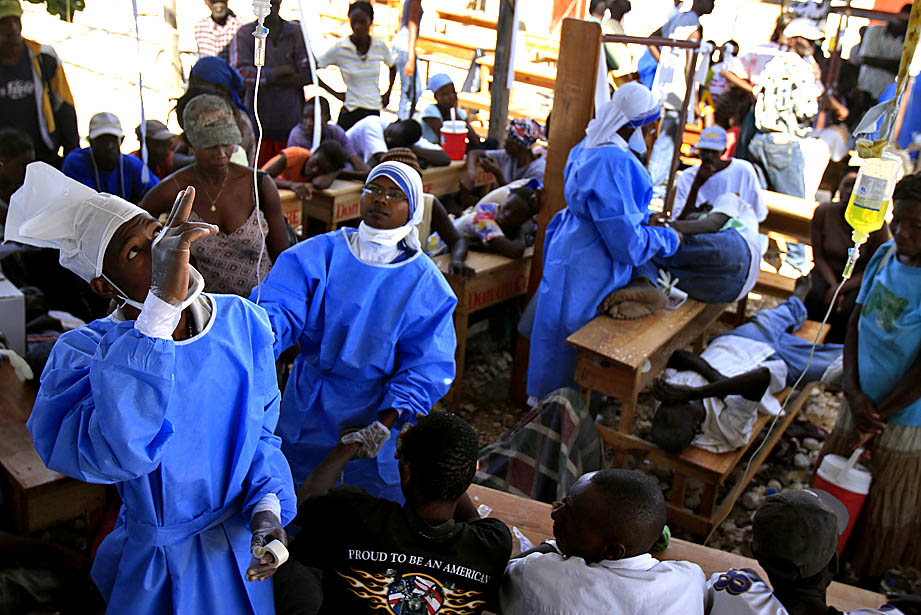
“As the violence continued to spiral out of control, we treated more gunshot victims in those days than we normally do in a whole year! As the demands on hospitals continue to increase, we are also sending health teams and mobile clinics to the most remote parts of our service area, where even basic medical care is completely cut off. Although many employees have to work and sleep around the clock in the hospital, they are still going strong and saving lives!”
Jean Marc deMatteis
CEO HAS
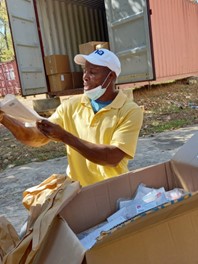
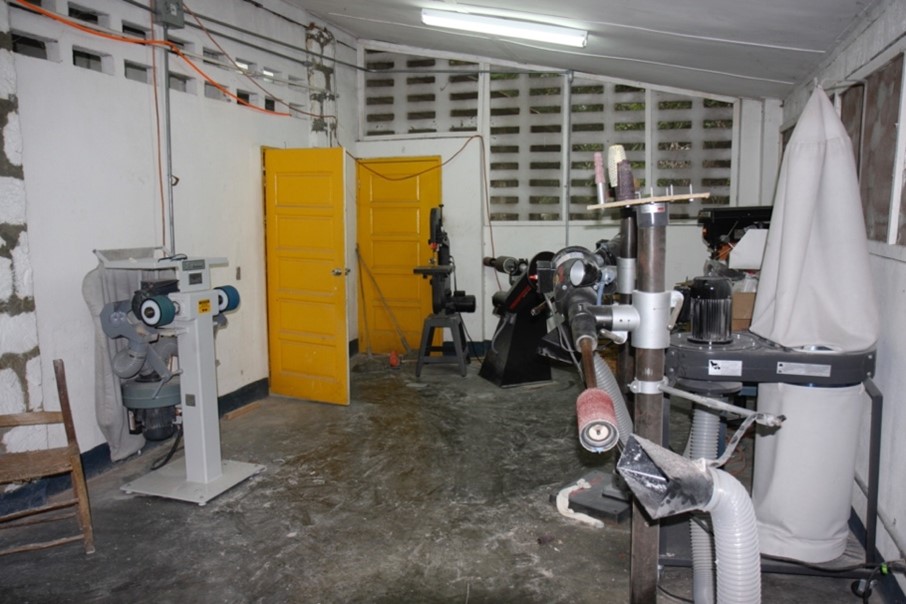
This summer, after 14 months of waiting without sufficient supplies, a load of urgently needed consumables was transported from Port-au-Prince to the orthopaedic workshop in Deschapelles. However, necessary repairs to machines and appliances failed due to a lack of spare parts.
Once again this year, the focus of care was on the treatment of paediatric accidents. As the workshop had to be closed for several months due to safety deficiencies and had to improvise for over a year without the necessary materials, the staff concentrated on the most serious cases.
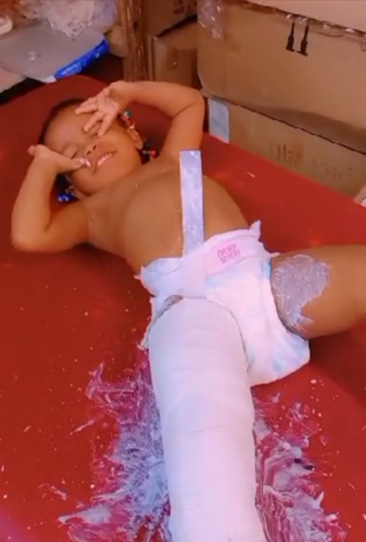
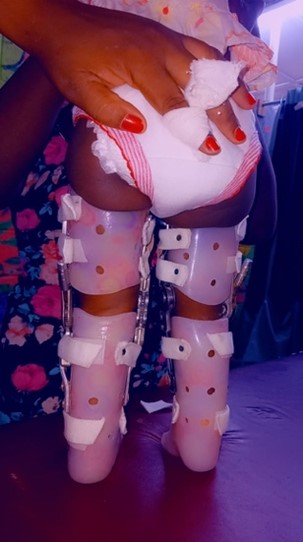
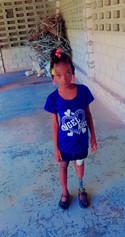
The medi for help team will maintain contact with the HAS in order to continue helping patients and hospital staff in the future. The aim is to get another delivery of urgently needed consumables through customs to Deschapelles as quickly as possible – without jeopardising people in the current situation.